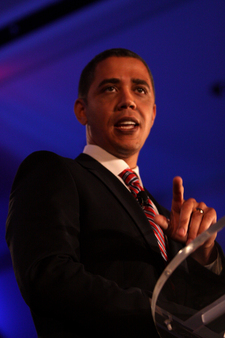
Both have desired to arrest the man behind the crude anti-Muslim film that allegedly sparked demonstrations throughout the Middle East, including the one in Libya that ended in the deaths of four Americans at a U.S. consulate in Benghazi, Libya.
That’s expected of a country like Egypt. It’s shameful for the United States.
Yes, filmmaker Nakoula Basseley Nakoula (that’s only one of his names) was arrested for violating the terms of his parole on a bank fraud conviction, not for making the film, “Innocence of Muslims.” Apparently, one of the conditions of his parole was that he not access the Internet for a time.
| | But as this Wall Street Journal piece notes, the Justice Department doesn’t go after everyone who violates a term of parole like that. Not only was he arrested, he was denied bail and deemed a flight risk. I’ll stipulate that the film he made is disgusting and a misrepresentation of the Muslim faith. He apparently also faces problems with a principal actress, who claims he never told her what the film was about. But in this country, it isn’t a crime to make an offensive movie. If it were, much of Southern California would be in lockdown. As this piece on the First Amendment notes, if we start punishing people for making misleading religious films, we would soon lose our freedom of religion, as well as of speech. Which government board would be put in charge of reviewing all films before they are deemed worthy to show? It seems as if Obama is trying awfully hard to placate Islamic extremists. On the one hand, he talks about the freedom of expression. On the other, the government has tried to persuade YouTube to remove the video (which it hasn’t done), and it has arrested the filmmaker. Contrast that with the way Denmark reacted when a political cartoonist there was assailed for drawing cartoons that caricatured the prophet Muhammad. The nation stood firm behind its principles despite protests at Danish embassies. "Buy Danish" campaigns broke out in many civilized countries. Nakoula is apparently not a nice person. He may well have violated his parole. But a larger principle is at stake here. The Obama administration isn’t going to placate extremists by arresting him for a parole violation. It could have gained something, however, by postponing the arrest for a while to emphasize that the United States stands on principle even in the face of rampages from people who most likely are affiliated with terrorists. |

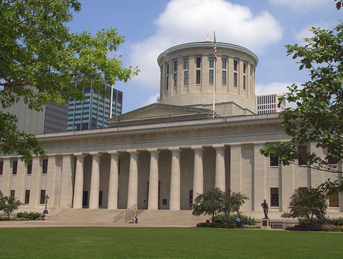
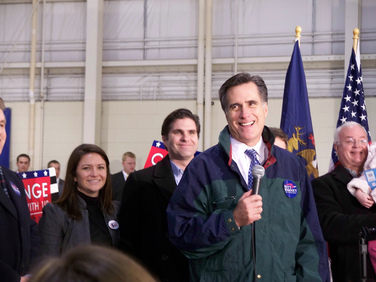
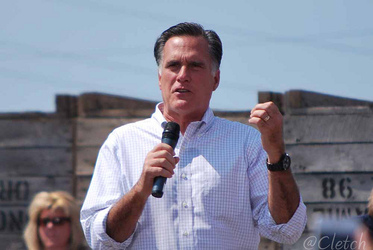




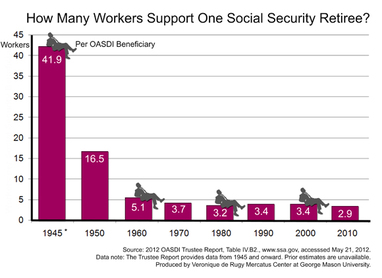
 RSS Feed
RSS Feed

